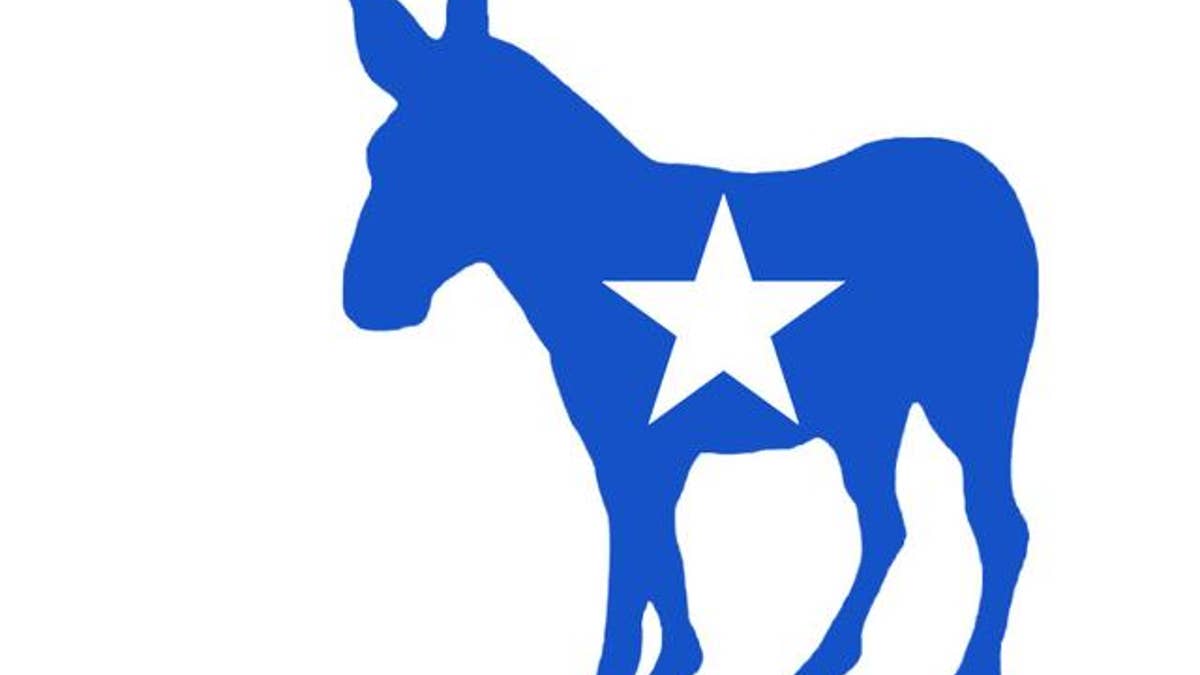
AP
In April Missouri Democratic Gov. Jay Nixon shuffled his papers, looked steadfastly into the television news cameras, and announced his intention to veto welfare reform in Missouri, adamantly declaring to the audience, “I don’t sign bills that hurt kids—period.”
All the typical elements of modern political propaganda were in place. Operation Breakthrough, a single-site early education child care and social services facility, was the venue. Puzzled boys and girls awkwardly stood before a banner thanking Nixon, positioned perfectly to serve as the backdrop for cameras filming the event. The audience nodded in approval with each of Nixon’s proud declarations, as if to say, “Yes, what a cruel world we live in.”
It didn’t matter to Nixon that Missouri’s welfare program is a decade behind most of the country and recently earned a grade of “F” in The Heartland Institute’s 2015 Welfare Reform Report Card. Or that the very same welfare policies passed by his state’s legislature in the Strengthening Missouri Families Act are proven, time-tested reforms that have helped to reduce Temporary Assistance for Needy Families (TANF) rolls, also known as “welfare,” by more than 70 percent nationally since 1996. Nixon even knew there was a high probability his veto would be overturned, as it eventually was, by the overwhelming Republican majority in the General Assembly.
The only reason for Nixon’s predictable and distasteful dog-and-pony show was to perpetuate the never-ending, tired Democratic narrative: “Conservatives don’t care about the ‘little guy.’”
The idea Republicans and conservatives are the “rich, white, cold-hearted” politicians and Democrats are the champions of the average Joe is less believable than rumors of the Loch Ness monster.
The “little guy,” of course, is anyone the Democrats say is being mistreated by whoever they deem to be the villain of the week: insurance companies, oil companies, business owners—maybe even an unenlightened, backwards-thinking redneck from a small town in Pennsylvania, the type who, as President Barack Obama explained to his supporters in 2008, “cling to guns or religion or antipathy toward people who aren’t like them.”
But no matter how many times Democrats like Nixon say they can “feel your pain,” they can’t. He stands before his supporters in a $1,500 suit just like his pro-liberty counterparts do. The idea Republicans and conservatives are the “rich, white, cold-hearted” politicians and Democrats are the champions of the average Joe is less believable than rumors of the Loch Ness monster.
The facts speak for themselves. Detroit, a city long dominated by allegedly compassionate Democrats who have championed labor unions, is in total economic chaos. The only thing Detroit seems to lead the nation in is murder rates, arson, and having some of the most depressed citizens.
Rhode Island, a state ruled by Democrats for nearly 100 years, has one of the nation’s worst unemployment rates, some of America’s highest taxes, and more crime than most of its New England neighbors.
In Missouri, a true “swing state,” Democrats have, until recently, successfully prevented welfare reform despite all the obvious flaws in the state’s system. For instance, a 2013 report from the Cato Institute revealed only 17 percent of Missouri’s welfare recipients engaged in work activities even though the vast majority was physically able to work. Even when the economy was roaring, work participation rates remained low, and the Democrats who controlled the state did nothing to solve the problem while numerous other states implemented the very same proposals Nixon tried to prevent.
If Nixon Democrats really want to help the impoverished and if their policies are effective, why do cities such as Baltimore, New Orleans, Oakland, and St. Louis, all of which are Democratic strongholds, continue to slip further into economic misery? Either Democrats really don’t care what happens to their constituents or their “solutions” actually create problems.
However difficult it may be to hear, the harsh reality is Democrats need poverty to win elections. Their entire economic platform, regardless of whether many people who support Democrats such as Nixon truly want to help down-on-their-luck neighbors, hinges on the impoverished staying poor.
In 2004, Democrat presidential candidate John Kerry had a 22 percentage point advantage over President George W. Bush among voters with annual incomes of $30,000 or less, according to exit polling published by The New York Times. In 2008, Obama carried more than 65 percent of that group, beating Republican John McCain by a whopping 32 percentage points. In 2012, Republican Mitt Romney gained only 35 percent of the vote from this demographic.
In all three elections, the Republicans won or tied their opponents among middle-income and wealthy voters, and in nearly every case the Republican won those groups by a wide margin. Without their huge support from the lowest-income recipients, Democrats would never win the presidency again.
This is not to say all Democrats share the same ideas, goals, or concerns. Most Democrat voters truly believe the soundbites of career politicians such as Nixon and Obama, but that’s only because they haven’t seen the wealth of evidence that proves income redistribution benefits no one except the tangled bureaucratic machines occupying government buildings around the world.
When individuals are empowered with job opportunities and with the freedom to choose quality schools for their children, and when they can act without having one hand tied behind their back by government policies that make it difficult, if not nearly impossible, to leave the government-induced cycle of poverty, prosperity flourishes and self-sufficiency reigns.
Logan Pike is a state government relations manager at The Heartland Institute and co-author of Heartland’s 2015 Welfare Reform Report Card.
